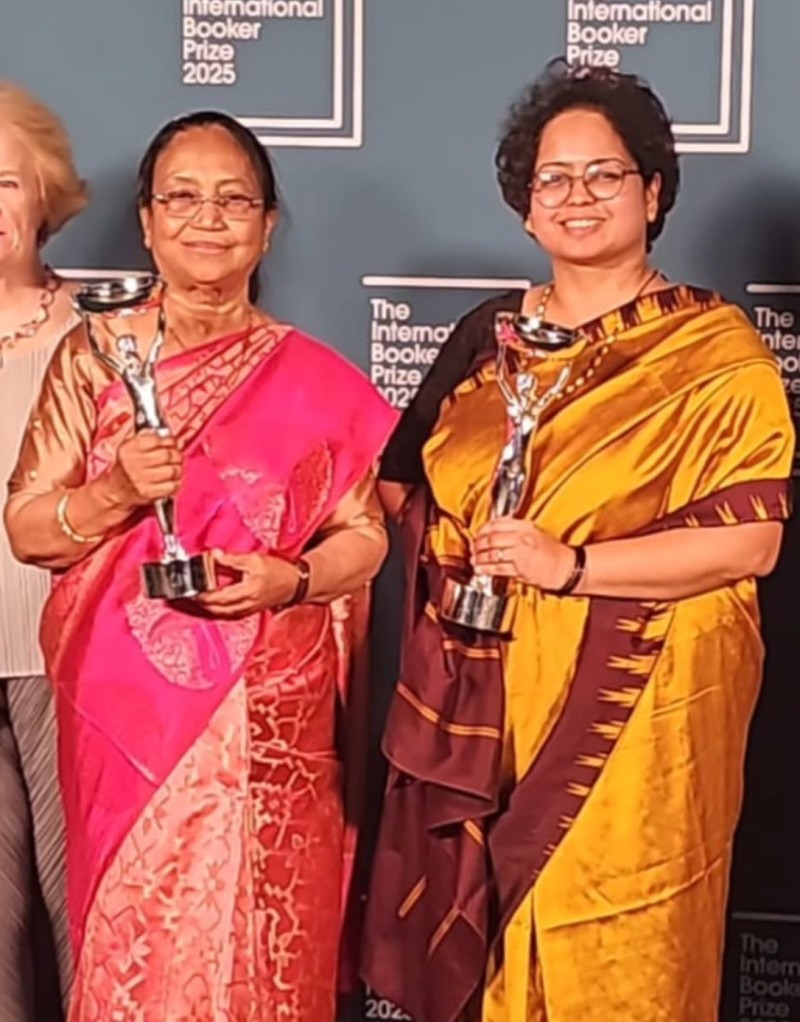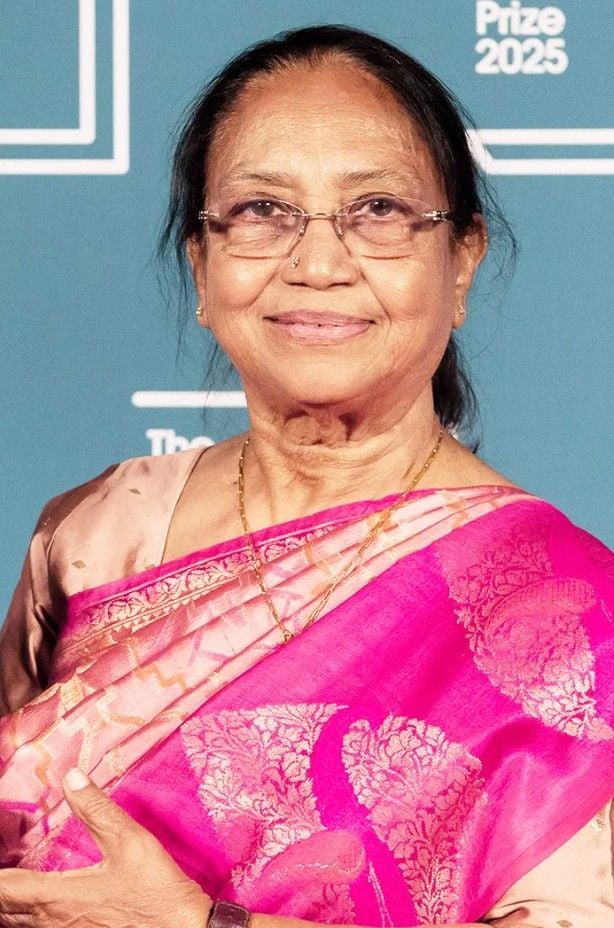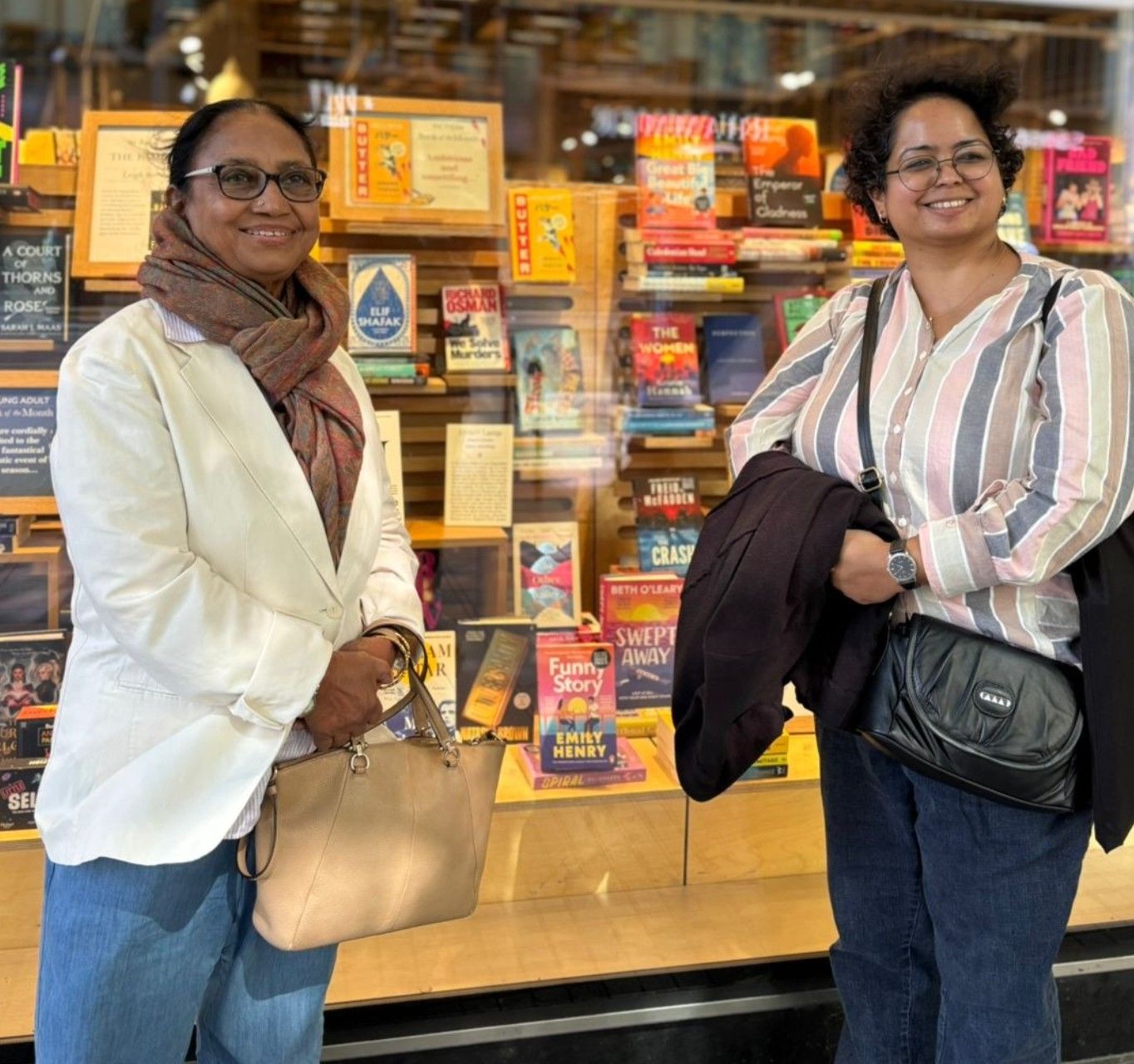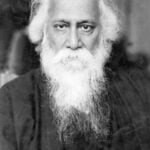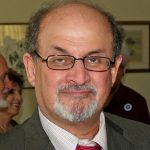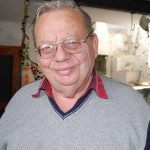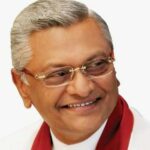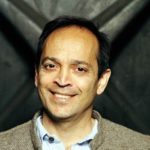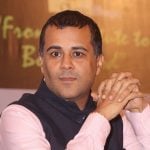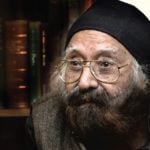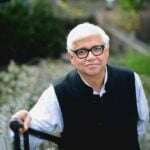Banu Mushtaq Height, Age, Husband, Children, Biography
Quick Info→
Husband: Mohiyuddin Mushtaq
Age: 77 Years
Hometown: Hassan, Karnataka
| Bio/Wiki | |
|---|---|
| Birth Name | Syeda Khushtara Banu |
| Profession(s) | Social Activist, Lawyer |
| Known For | As an author for an award winning book Heart Lamp: Selected Stories (2025) |
| Physical Stats | |
| Height (approx.) | 5' 4" (165 cm) |
| Eye Colour | Black |
| Hair Colour | Salt and Pepper |
| Career | |
| Debut | Book: Heart Lamp: Selected Stories (2024)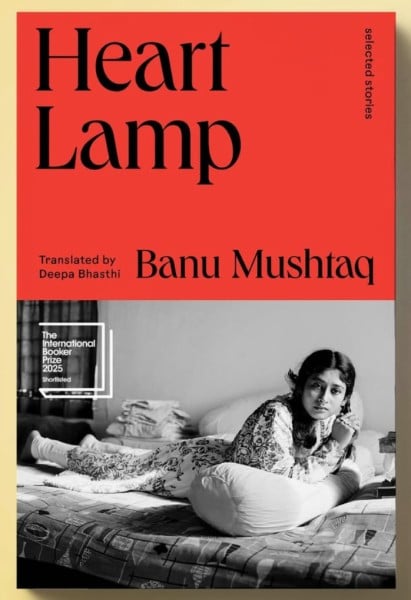 |
| Awards | • Karnataka Sahitya Academy Award (1999) • International Women’s Award for Radio and Television (1999) • Karnataka Women Writers’ Association’s Gudibandde Poornima Best Poetess Award (1999) • Karnataka Women’s Writers’ Association’s H.V. Savitramma Dattinidhi Award (2000) • Karnataka Government’s Rajyotsava award for literature (2002) • Karnataka Sahitya Academy Award (2004) • Akhil Bharatiya Jain Women’s Mahastambhshekha Award (2004) • Daana Chintamani Attimabbe Award • PEN English Translate Award (2024), for Deepa Bhasthi's translation of Haseena and Other Stories • International Booker Prize (2025) for Heart Lamp: Selected Stories, translated by Deepa Bhasthi |
| Personal Life | |
| Date of Birth | 1948 |
| Age (as of 2024) | 77 Years |
| Birthplace | Hassan, Karnataka, India |
| Nationality | Indian |
| Hometown | Hassan, Karnataka |
| School | Urdu Primary School, Arsikere, Mysore |
| Educational Qualification(s) | • A graduation degree in Science • Bachelor's in LLB |
| Religion | Islamic |
| Hobbies | Writing, Travelling |
| Social Media | • Instagram |
| Relationships & More | |
| Marital Status | Married |
| Marriage Date | 1974 |
| Family | |
| Husband/Spouse | Mohiyuddin Mushtaq (Businessman)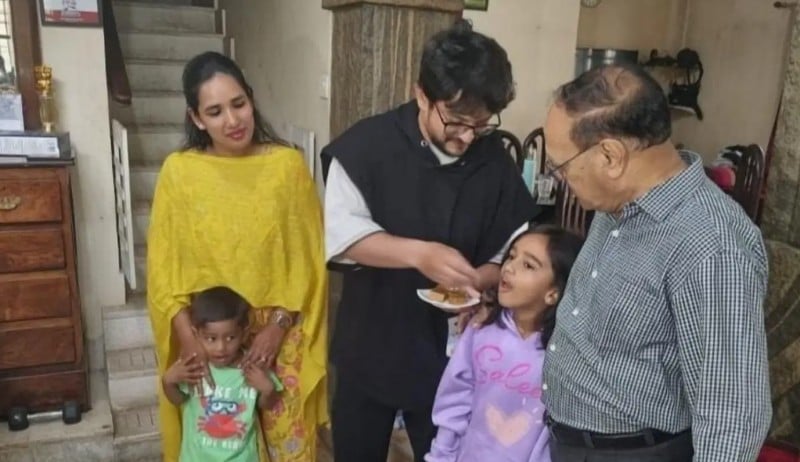 |
| Children | Son- Taher Mushtaq Daughter(s)- 3 |
| Siblings | Brother- 2 Sister- 5 |
Some Lesser Known Facts About Banu Mushtaq
- Syeda Khushtara Banu, more popularly known as Banu Mushtaq. She is a prominent Kannada writer and a leading social activist from Karnataka.
- Banu Mushtaq was born and raised in Hassan, a small town in Karnataka.
- Her father was a senior Health Inspector, and her mother was a homemaker.
- Banu was the eldest of all her 8 siblings.
- Banu started her education in a Urdu school in Arsikere, Karnataka. In an interview, she revealed that she hated the environment of her school as the school rules were so strict and authoritarian.
- When she was 10 years old, her family moved to Shimoga, Karnataka. There, she enrolled in a Christian-run Kannada-medium school.
- Initially, the school’s principal denied her admission because she was a Muslim girl and did not know the Kannada language. However, the principal eventually admitted her with one condition: if she did not learn the Kannada alphabet within six months, she would have to leave. Remarkably, she mastered the alphabet in just one month, allowing her to stay in school. By the end of the year, she performed so well in her studies that she was automatically promoted from the first grade to the fourth grade.
- In an interview, Banu mentioned that her father earned a modest salary but was nonetheless a very generous man. Many of their poorer relatives, including widowed women and orphaned children, would stay with them, and her father supported all of them.
- Her grandfather was a teacher at an Urdu school in a village and also served as the village Qazi. People from many surrounding villages, both Hindus and Muslims, would come to him for dispute resolution, as they trusted and respected him.
- When she was in 7th grade, her family again shifted to Hassan, Karnataka, from Shimoga. By this time, Banu had also started writing short stories and essays.
- She was also brilliant in her extracurricular activities. She was among the very few Muslim students in her school. She was even appointed as the head of the school’s students’ union.
- After graduating with a degree in Science, she worked for several months in Bangalore with All-India Radio. In an interview, she mentioned that she was the only person selected for that post out of some 600 applicants. After quitting All Indian Radio, she taught Science at a government high school in Sakleshpur, Karnataka.
- While she was studying in college, she met her husband. This was the first time in her entire family where a woman was choosing her own husband and having a love marriage.
- In 1974, Banu got married. In an interview, Banu revealed that her in-laws were quite conservative and insisted that she had to leave her job after the marriage. They also demanded that she wear a burqa and stay inside the house.
- When she got married, her husband did not have any independent source of income, and he worked in his family business of opticals.
- In an interview, Banu mentioned that, having been born and raised in a liberal family, she felt trapped in a cage at her in-laws’ house due to their very conservative views and numerous restrictions on women.
- Once she had a terrible fight with her in-laws, so she decided to commit suicide. She went to her room and poured petrol all over her body. She was just about to light a match and set herself on fire when her husband grabbed her hand and stopped her.
- Soon after this incident, her husband took the stand for her, and they left their house and shifted to Banu’s father’s home in Hassan, Karnataka.
- At that time, Banu Mushtaq and her husband faced many financial challenges. Her husband began working as a watch repairer in a shop, earning only 20 rupees a day. To help the family’s income, she started sewing clothes. Soon after, they opened their optical shop.
- In 1975, Banu’s first short story was published in a local magazine.
- In 1978, Banu Mushtaq entered into politics. However, she lost her first election by a single vote, as many Muslims in her town were very upset about her standing for elections. They believed this was ‘un-Islamic’ and that a Muslim woman, in their view, should remain confined to the house.
- Later, she contested the Hassan municipal elections twice, and on both occasions, she was elected.
- In 1980, Mushtaq began participating in activist movements to undermine “fundamentalism and social injustices” in Karnataka.
- In an interview, Banu mentioned that whenever she attended a social gathering, she would take one of her children with her so that they could be exposed to social activism at a young age.
- During her early career of social activism, she was involved in major movements such as the Farmers’ movement of Hassan, led by the charismatic Professor Nanjundaswamy and the Bandaya Sahitya movement of Hassan (a hub of activism in women’s rights, Dalit literature, and the unique concept of Muslim Sahitya Samvedane in Kannada). In an interview, Banu mentioned that she was the only Muslim in the district who was playing such a central role in these movements.
- In 1981, Banu started working as a journalist and writer in Lankesh Patrike for the Hassan district. She had worked with Lankesh Patrike for ten years, and also wrote for other leading Kannada papers and magazines, mainly on social issues related to marginalised groups such as women, Muslims, farmers and Dalits
- Throughout her time at Lankesh Patrike, she wrote numerous short stories focusing on socially relevant issues, including communalism, poverty, caste discrimination, and the struggles faced by women, along with many other articles, all in Kannada.
- Her bold, honest writing often made her a target, especially after publicly supporting women’s right to pray in mosques.
- In 1990, she earned her LLB degree and started practising in the Hasan courts as a lawyer.
- In 2000, a three-month social boycott was announced against Banu Mushtaq and her family in response to her advocacy of the right of Muslim women to enter mosques.
- In an interview, Banu revealed that six months after the lifting of the boycott, she started receiving threatening phone calls and a fatwa (a religious ruling or opinion in Islam, issued by a qualified scholar) was also issued against her. She also added that a man tried to attack her with a knife, though her husband overpowered him.
- In the early 2000s, Mushtaq also joined the civil society group Komu Souhardha Vedike in protesting efforts to stop Muslims from visiting a syncretic shrine in Baba Budangiri, Chikmagalur district, Karnataka.
- Five volumes of her short stories and two novels have been published so far, many of which have been translated into various other languages, including English, Urdu, Punjabi, Tamil, Marathi and Malayalam.
- In 2003, one of her stories, “Kari Nagaragalu,” was adapted into a film, Hasina (2004), a Kannada language film.
- In 2022, Mushtaq advocated for the right of Muslim students to wear hijabs in schools, which is currently being challenged in Karnataka.
- In 2022, translator Deepa Bhasthi began translating Banu Mushtaq’s writing work into English.
- Deepa Bhasthi selected twelve stories from the volume, choosing from all the stories Mushtaq had published between 1990 and 2023.
- Banu Mushtaq’s first full-length book to be translated into English was Heart Lamp: Selected Stories (2025), a selection of women-centred stories set in Muslim communities in southern India.
- In May 2025, “Heart Lamp” won the International Booker Prize (2025) UK. Mushtaq became the first Kannada-language writer to be nominated for this prestigious award. Additionally, Deepa Bhasthi was the first Indian translator to win the prize. Moreover, this was also the first short story collection ever to win any prize.
